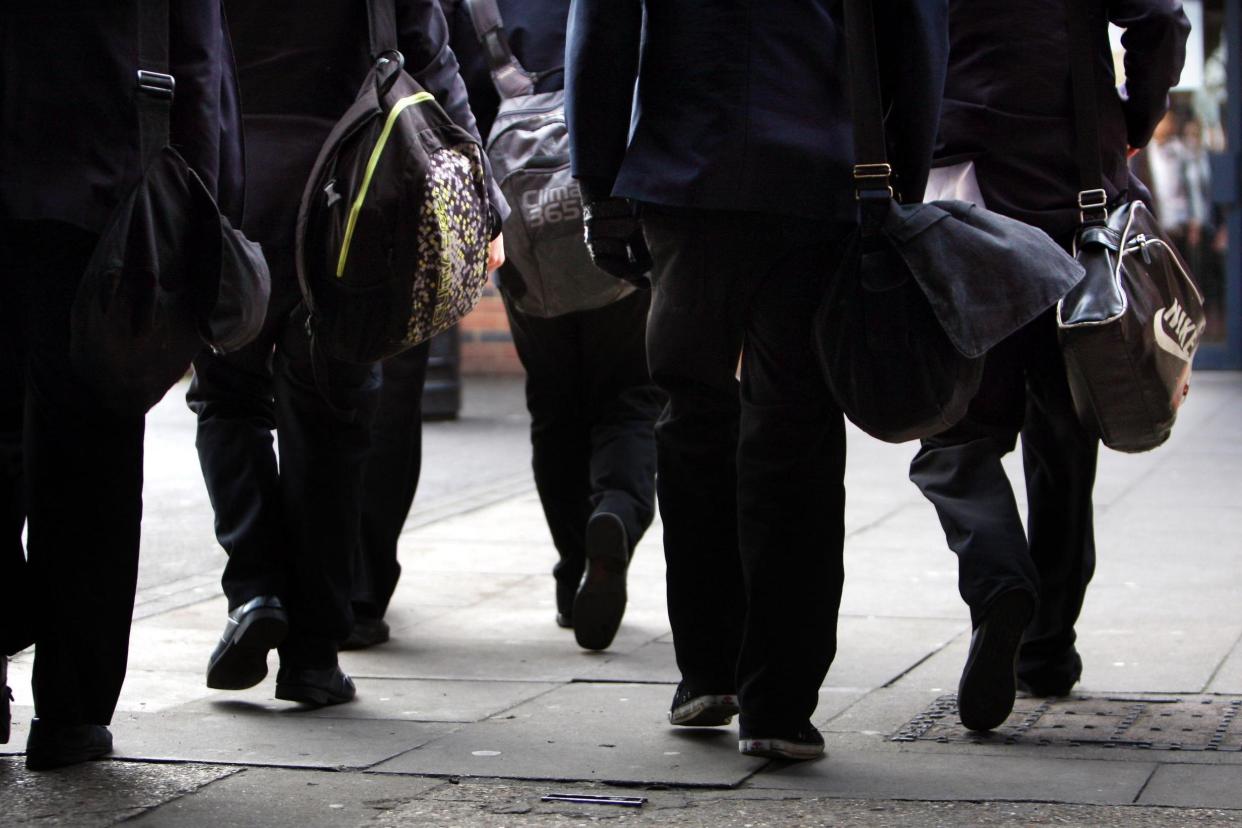Ofsted dodges the bullet of what it means to be British

Amanda Spielman’s first annual report as chief inspector of Ofsted is both important and evasive.
The important part is that it unveils the extraordinary challenges that the schools inspectorate has to deal with. These include schools “deliberately choosing” not to meet certain Ofsted requirements and the growth of illegal or unregistered schools that exploit loopholes to operate beneath the inspector’s radar. On these issues and more, Spielman and Ofsted have shown themselves to be on top of the shifting challenges in their field.
Yet the evasion is also striking. The Ofsted report talks of the spread of “highly conservative faith schools” which are “spreading beliefs that clash with British values”. Spreading “shared values” is one of Ofsted’s priorities.
Of course it cannot be entirely blamed for this evasion. Ofsted is — like many other public bodies — attempting to straddle something huge that is happening all around us. It results from Britain (like other Western European countries) attempting to adapt to the effects of migration and the transition into a diverse and multi-faith society. In such a period it becomes unfeasible to continue to define ourselves as a Protestant Christian country.
That is why “British values” is such an important but contested area. Are there any such things? If so, how do we decide (and who does the deciding) what these are? Should we insist that such values, once agreed upon, are fixed and immutable? Or should we concede that they are inevitably going to be open to change? What’s more, should our own traditions have any priority, or should the nation be merely a convening body where all and any traditions are viewed with equal benevolence? If so, where are the limits?
All these questions and more now rumble on beneath every aspect of our nation’s life, and nowhere more so than in London. But bodies such as Ofsted are stuck having to be some kind of boundary policeman for a nation still engaged in a huge act of self-redefinition. For the time being it is perhaps inevitable that tip-toeing should have become a national sport.
Obviously there has not been any significant increase in “highly conservative” Church of England schools. Though all faiths are able to throw up challenges to widely agreed views on sex, gender, evolution and more, it is obviously Islamic faith schools that are growing fastest and their own “highly conservative” attitudes that will present most challenges in the years ahead. One cannot blame Ofsted for failing to identify this fact honestly. There is no reason why Ofsted should stick its neck out in a society whose other national pastimes include eager bouts of messenger-shooting.

 Yahoo News
Yahoo News 
